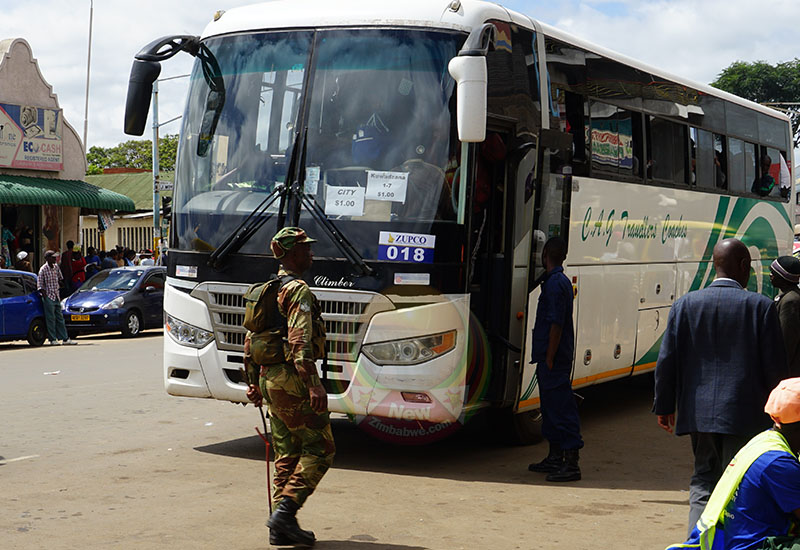ZUPCO slammed for withdrawing service early
State owned Zimbabwe United Passenger Company, is reportedly withdrawing its buses too early in the evening, leaving workers at the mercy of illegal operators who charge exorbitant fares.
Due to the impact of inflation on salaries, many workers cannot afford expensive transport, hence the need to have an efficient public transport system such as ZUPCO to protect people from unscrupulous transporters.
However, commuters are complaining that ZUPCO buses stop operating at around 6:30pm, and yet they will be waiting in queues at ranks, which they later abandon and go to undesignated pick up points to board illegal taxis.
“The last ZUPCO bus that you see loads passengers at around 6:30 and it does not come back,” said Sanelisiwe Jolo from Mufakose.
“The smaller buses sometimes operate until 7 pm but after that you do not see them. As for the larger ones by 6:30 they are nowhere to be seen.”
The commuters said 7 pm was too early for ZUPCO buses to stop operating as many shops close at that same time and people would still be expecting to get reliable transport to take them home.
They said most ZUPCO bus crews would be rushing to different depots to cash in their daily takings and catch staff buses to their homes.
“You hear them saying they are going to “cash” and then catch staff buses to their homes,” said Sam Hlahla from Kuwadzana in Harare.
“We are left at the mercy of touts who load illegal taxis and charge exorbitant fares so that they can be paid something by the operators.”
ZUPCO charges ZWL80 for the larger buses and ZWL$100 for the smaller ones for most routes in the capital while illegal taxis charge US$1 for the same trip.
The public transporter charges ZWL150 for longer distances such as Ruwa and Norton, while illegal operators charge US$2 for the same trip.
“ZUPCO should at least finish at 8 pm. How do they want us to get home?” asked Gladys Makamba who had moved to the undesignated pick up point for Mufakose and Kambuzuma along Chinhoyi Road where marauding touts were calling out exorbitant fares as they “loaded” waiting vehicles.
Contacted for comment, ZUPCO acting chief executive officer Everisto Madangwa denied that their buses stopped operating before 7 pm, saying they only did so when there were no more passengers to carry.
“That’s not true,” he said. “There is no way we can stop at 7 pm. We operate until there are no more passengers to carry.”
Madangwe said ZUPCO buses sometimes delayed returning to pick up more passengers as
they would be caught up in traffic congestion which occurs during the rush hour.
“The turnaround time is affected by congestion, especially along Bulawayo Road,” he
said.
Asked whether he sometimes took time to visit ZUPCO ranks to observe the situation on
the ground, Madangwa said he always did that to check on how passengers were being
carried.
He urged commuters to be patient and not leave ZUPCO ranks for undesignated pick up
points as that created the impression that there were no more commuters to ferry.
“By 8:30 we would have cleared passengers,” he said.
When it came into office three years ago, the Second Republic embarked on a programme
to revive ZUPCO as part of efforts to provide an affordable and reliable public transport
system to citizens who for years had been subjected to exorbitant and discourteous
service by private operators.
The government took advantage of the outbreak of the Covid-19 pandemic in 2020 to ban
private commuter operators for good and invited those who wanted to continue
operating to join the ZUPCO franchise, a move which has brought sanity and safety to the
sector, which had become characterised by chaos and lawlessness.-eBusiness Weekly










